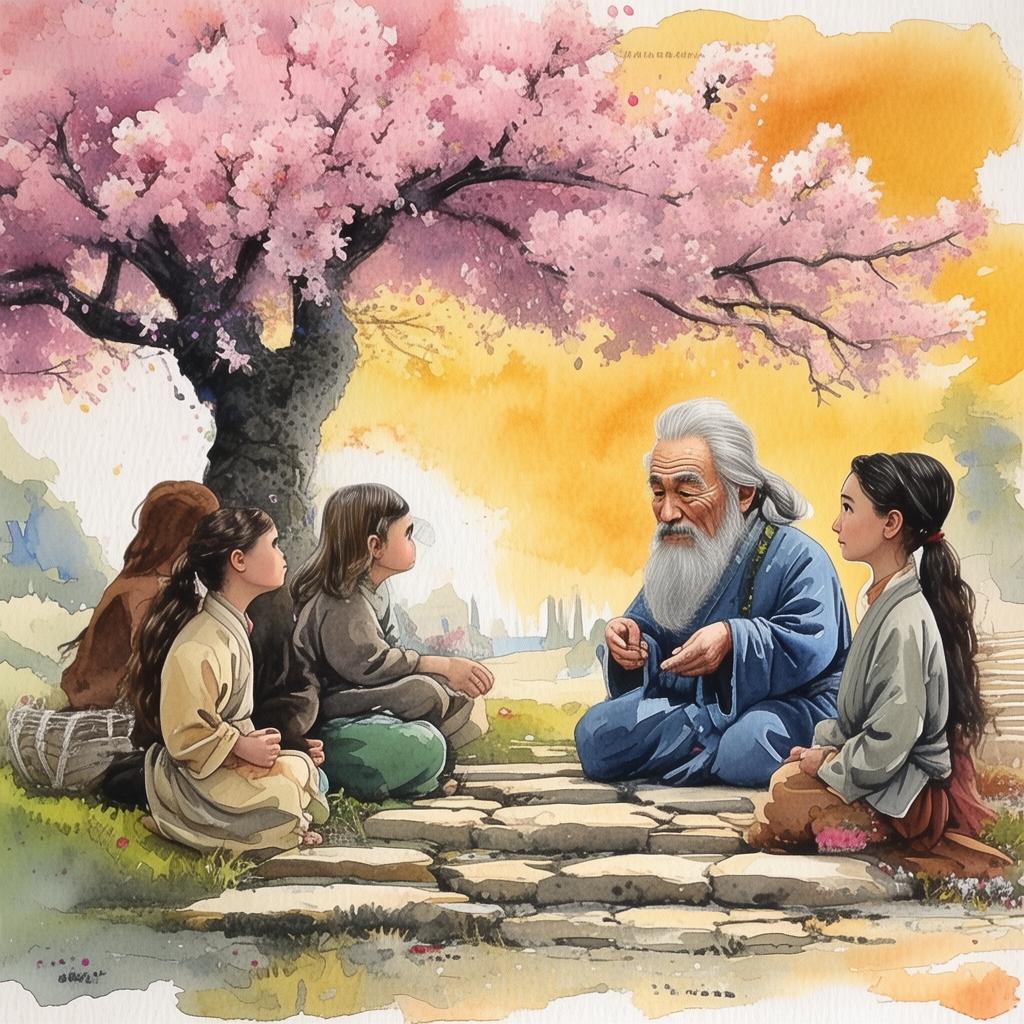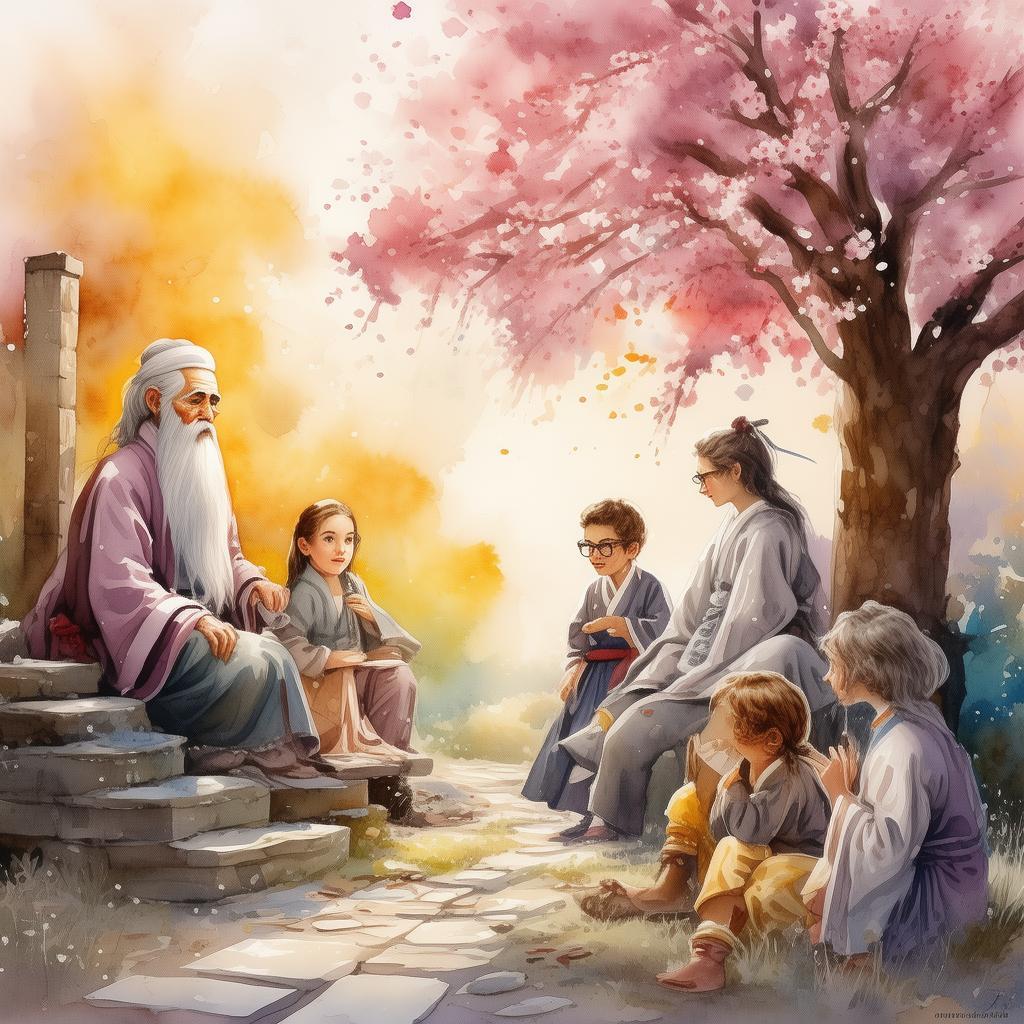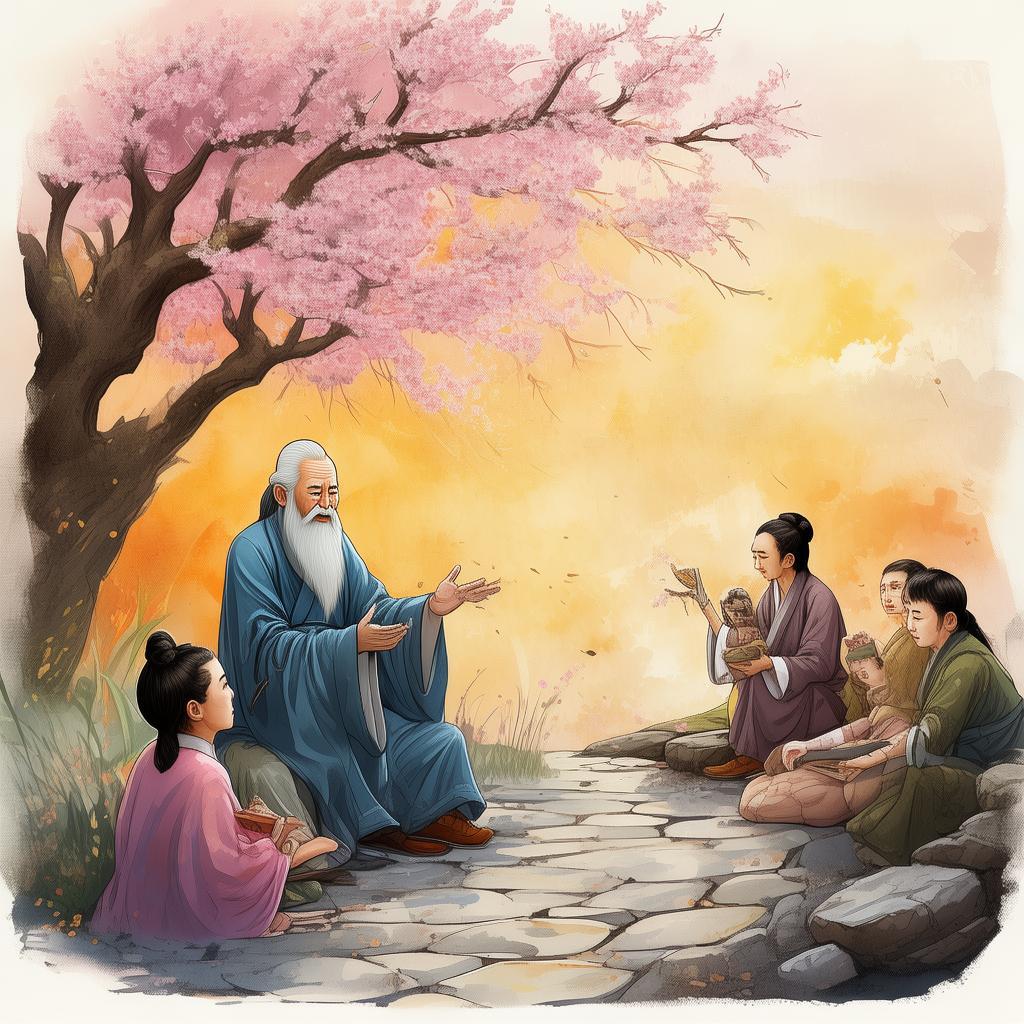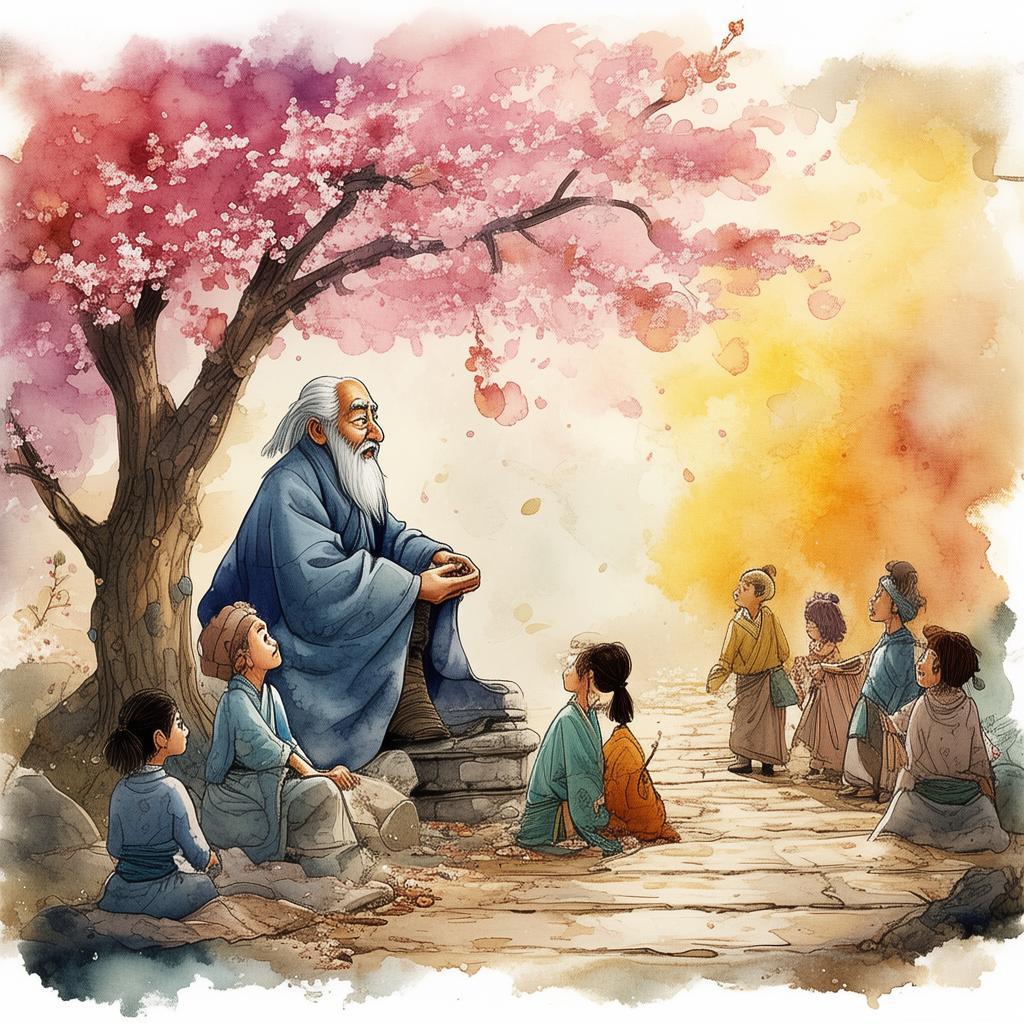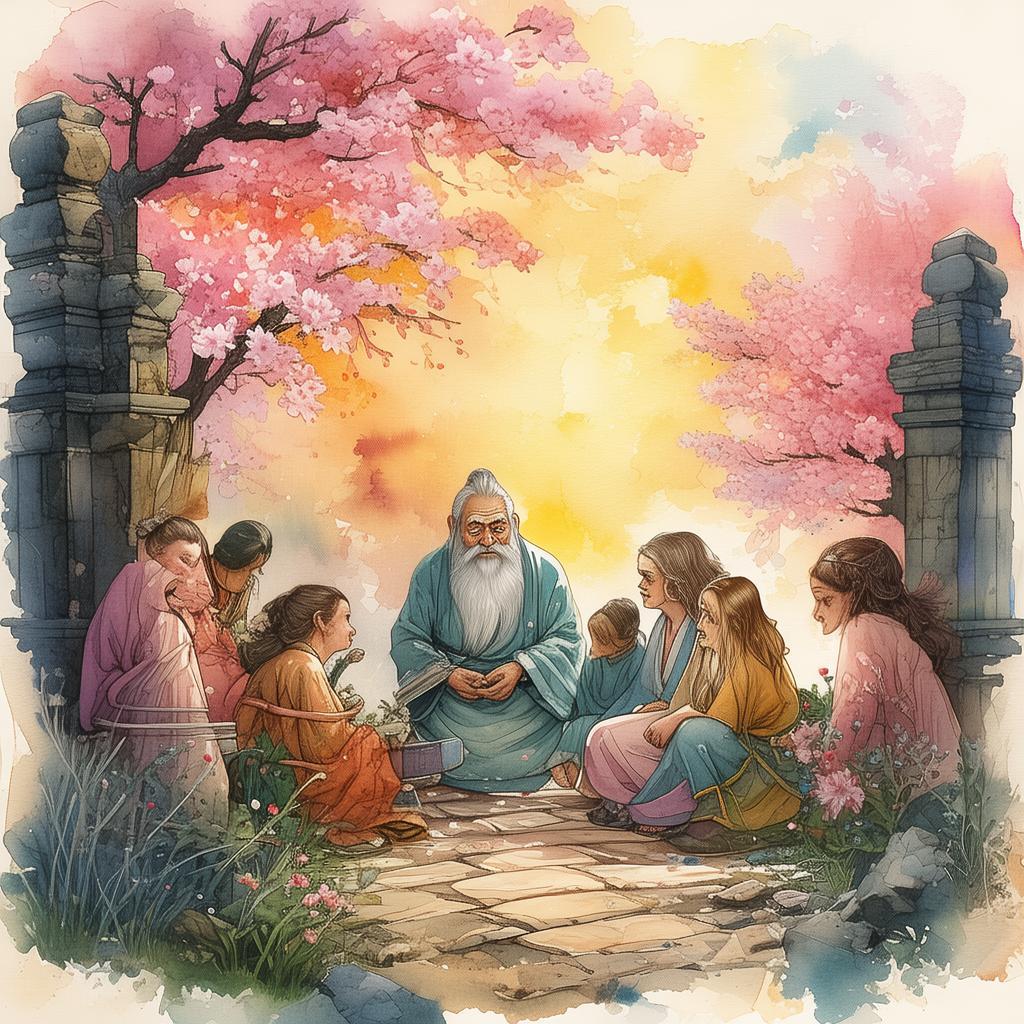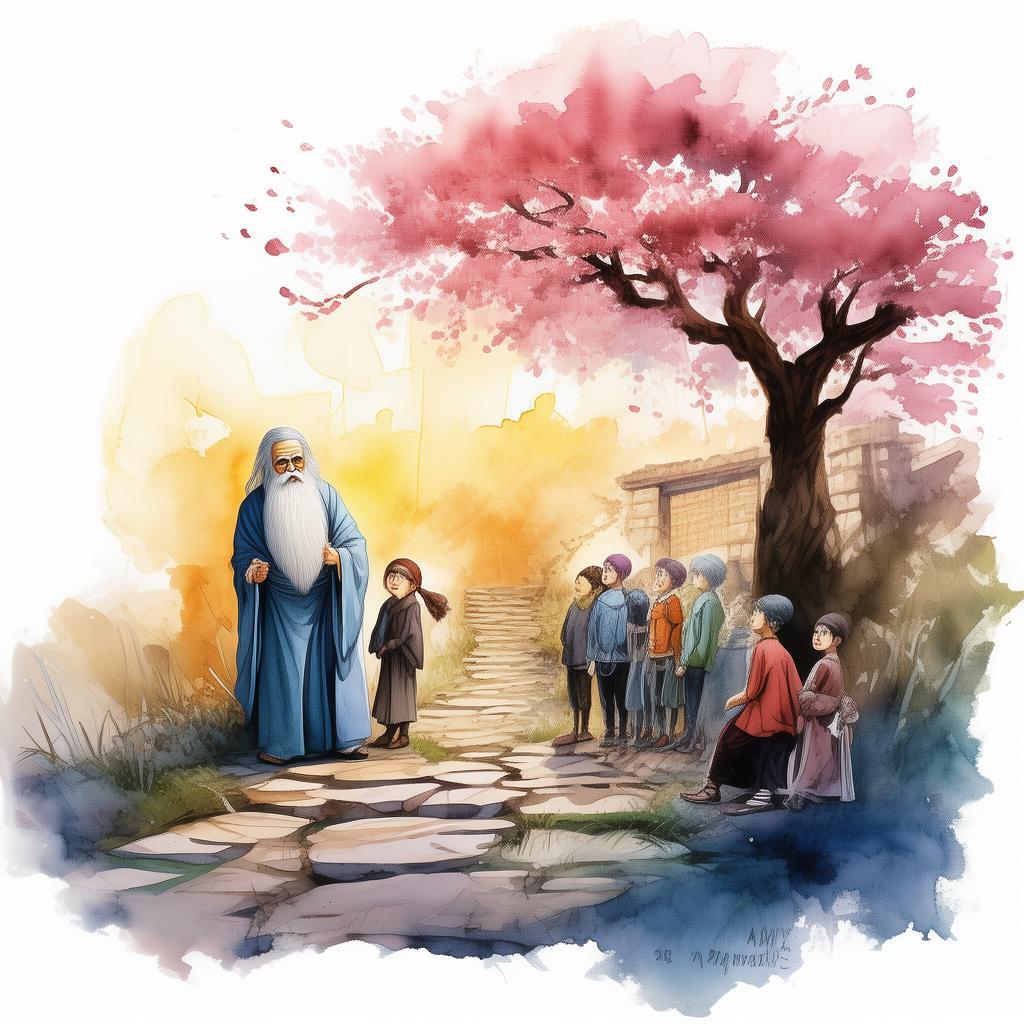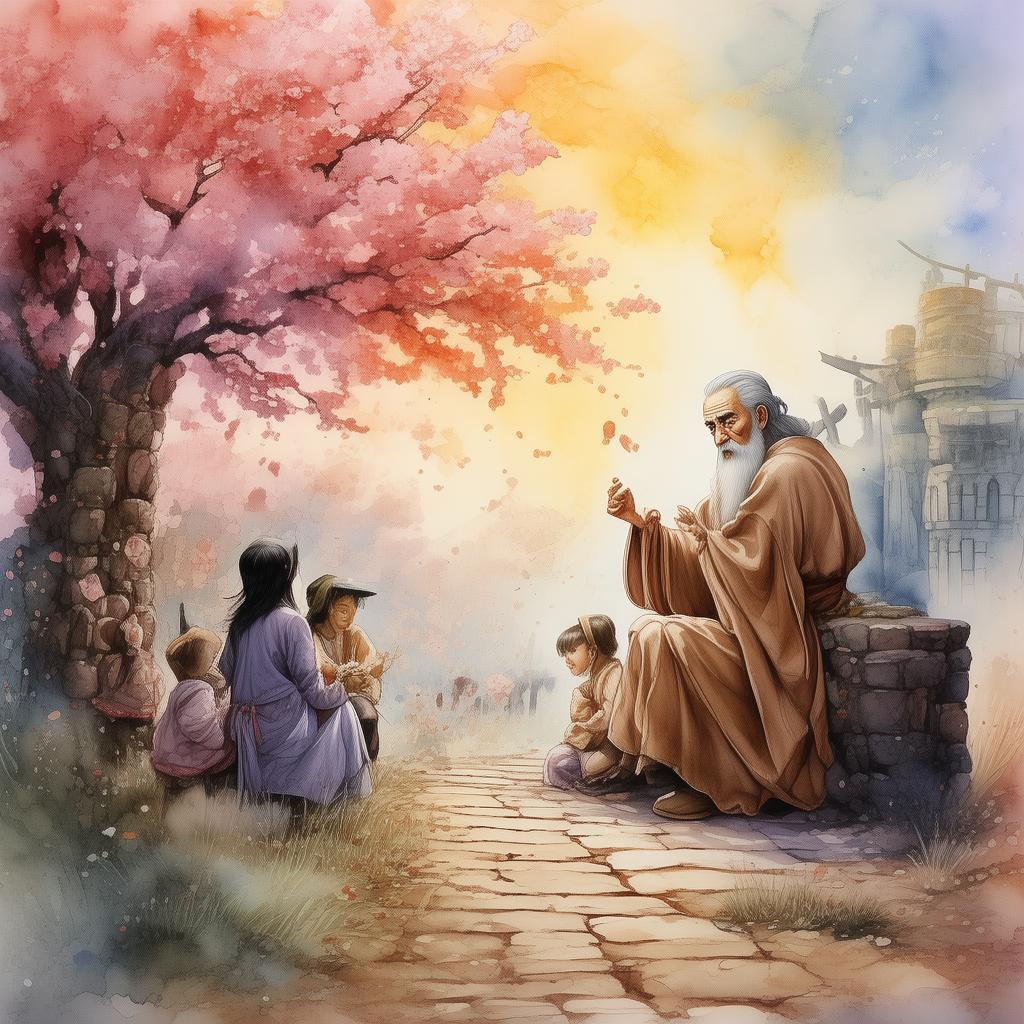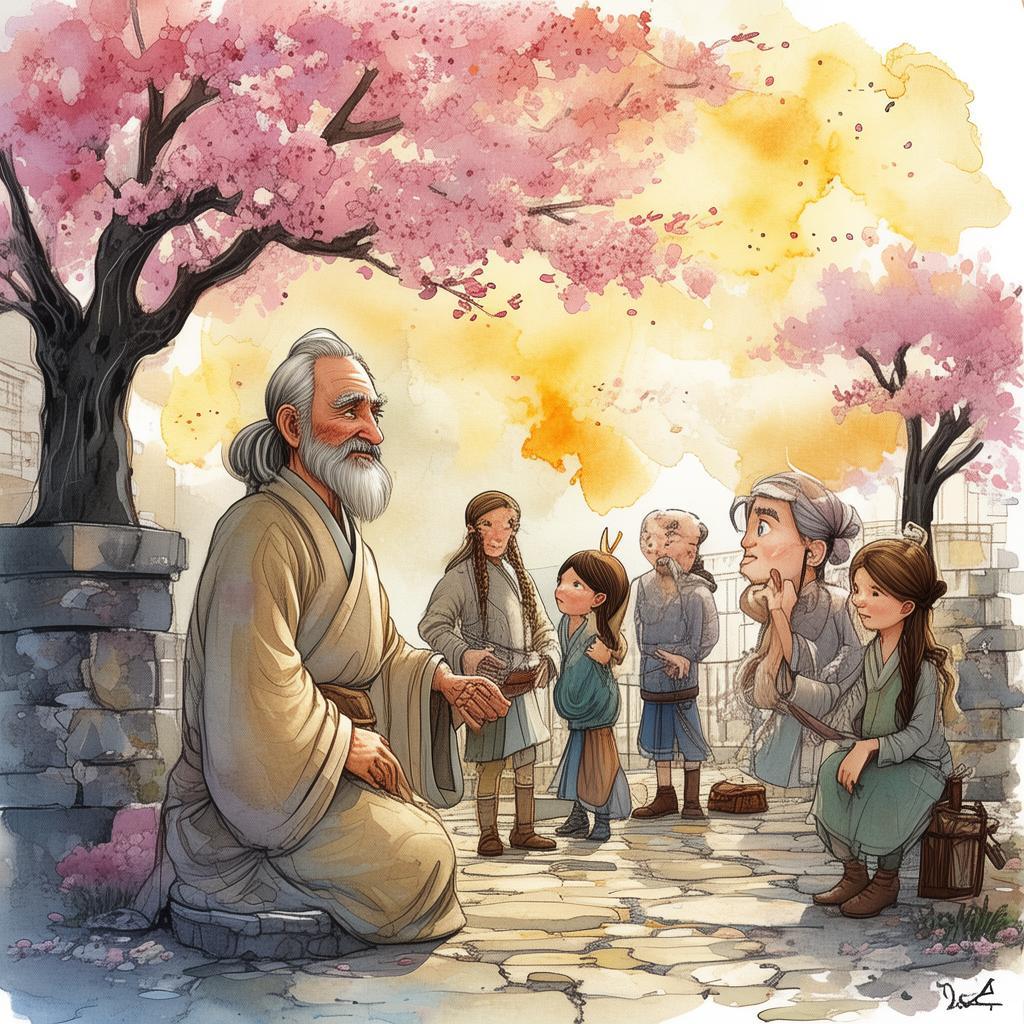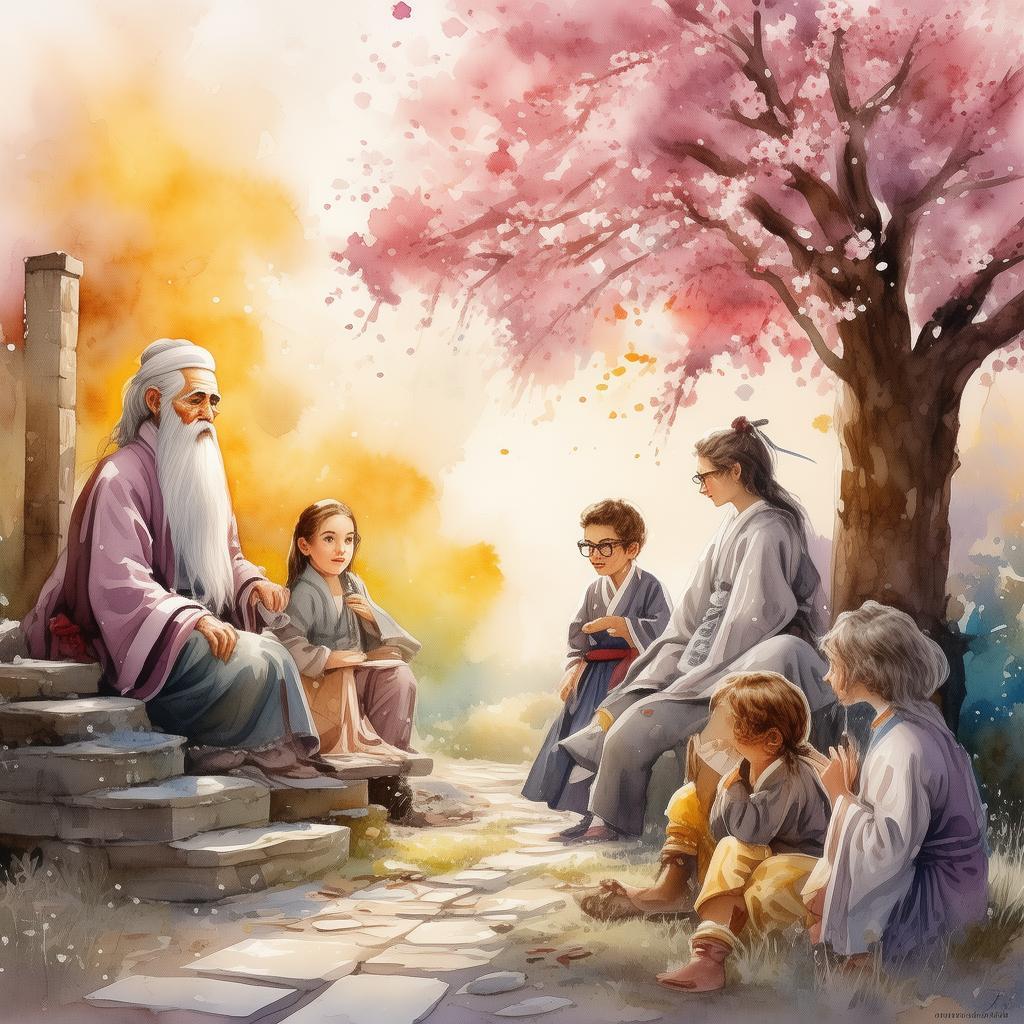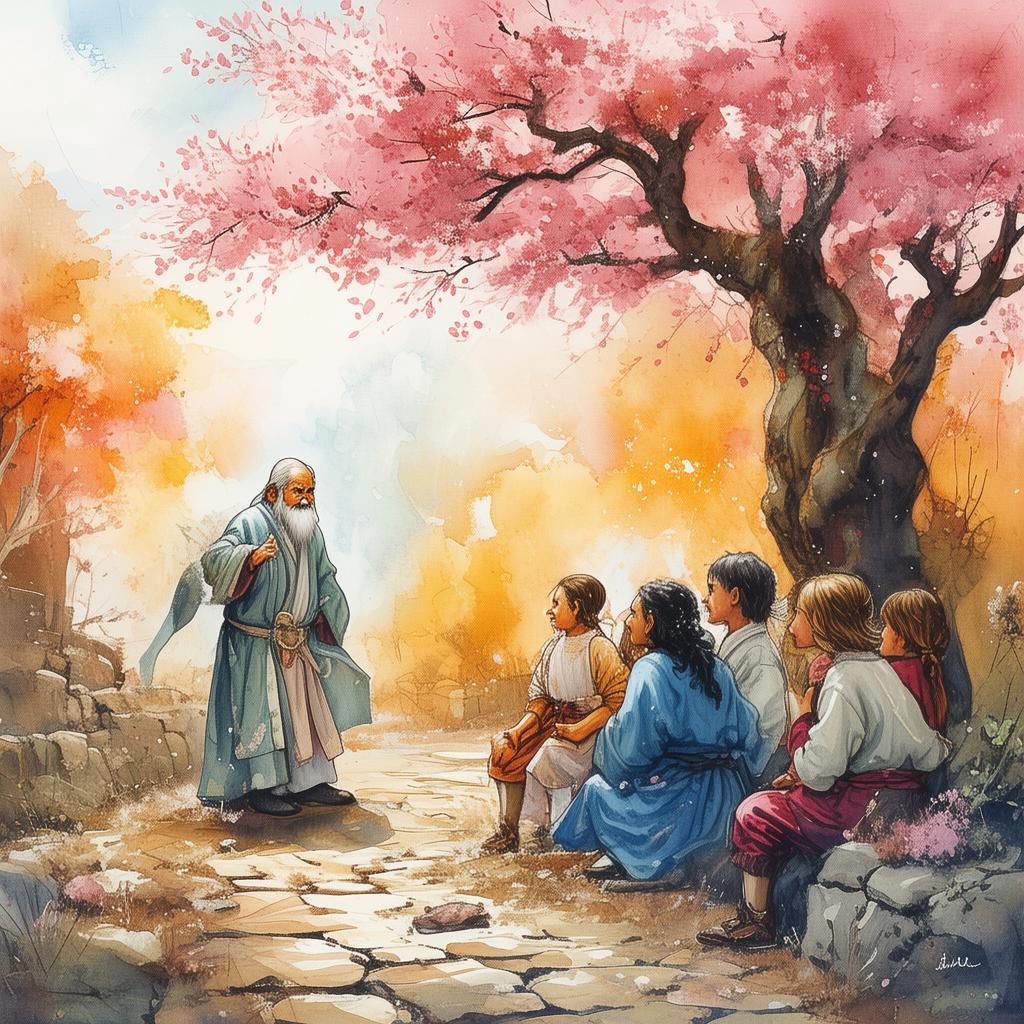The Puppeteer's Predicament: The Puppet's Choice
In the heart of a bustling city, there lived an old puppeteer named Liang, whose artistry was renowned far and wide. His puppets were not mere toys but were imbued with life, each movement and gesture resonating with the audience. Liang was the master of their strings, guiding them through tales of love, war, and betrayal.
One evening, as the stage was set and the audience settled in, Liang brought forth a new puppet. This one was unlike any other; it was called "Free Spirit." The puppet was designed with an intricate mechanism that allowed it to make its own choices, a stark contrast to the puppets Liang had controlled for decades.
The story of "Free Spirit" was a tale of two destinies: one of love and the other of sorrow. The audience was captivated by the suspense as they watched the puppet, a vessel of both potential and free will, come to life.
Liang, the puppeteer, found himself at a crossroads. For years, he had danced to the tune of his own strings, his puppets his extensions, his life dictated by the scripts he had written. But now, with "Free Spirit," he faced a predicament: should he continue to pull the strings and control the puppet's destiny, or should he allow the puppet to make its own choices, even if it meant losing control?
As the story unfolded, "Free Spirit" encountered various paths. It could choose love, leading to a life of happiness, or it could choose sorrow, leading to a life of pain. Liang, from the shadows, watched intently, his heart heavy with the weight of his decision.
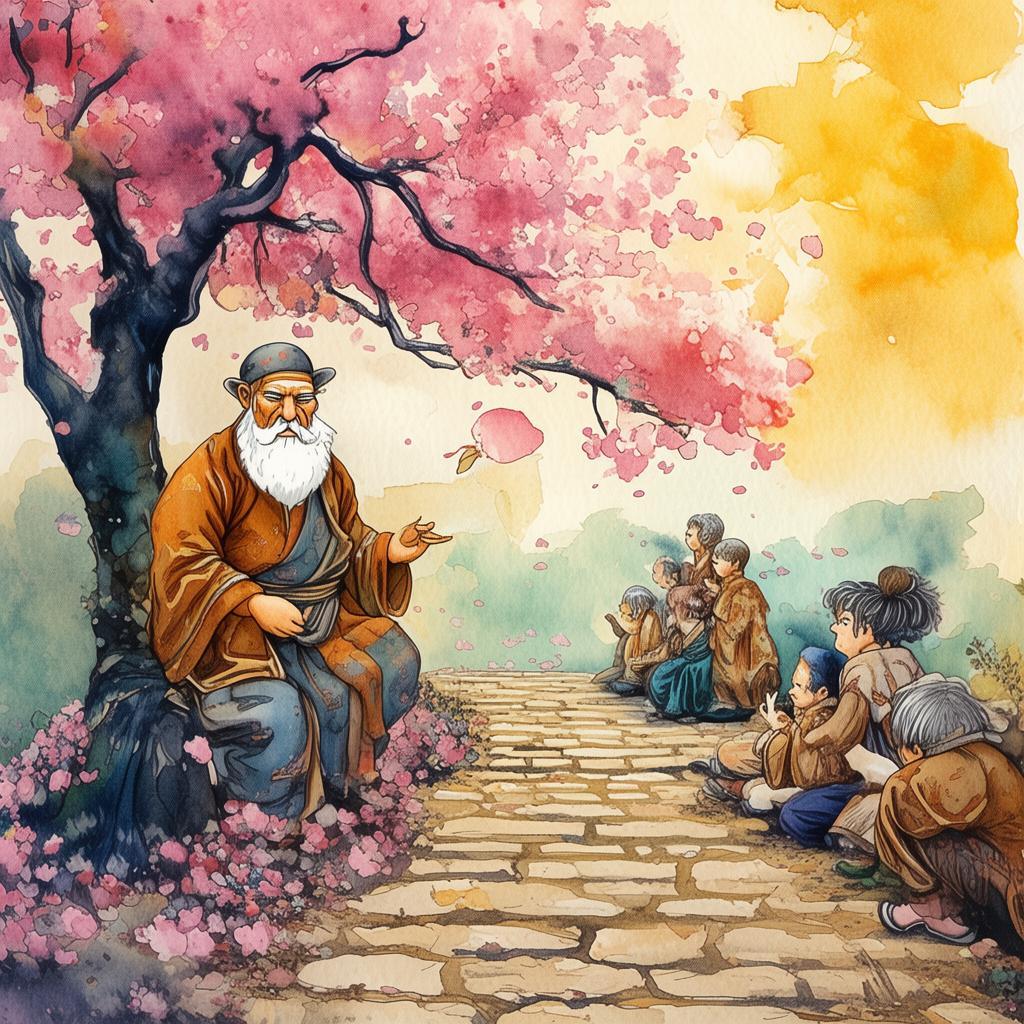
The audience was divided. Some cheered for the puppeteer, who they saw as a master of fate, guiding the puppet to a predetermined but ultimately happy ending. Others whispered among themselves, hoping that "Free Spirit" would break free from the strings and choose its own path, no matter the outcome.
As the story reached its climax, "Free Spirit" made a choice that left the audience gasping. It chose sorrow, and Liang, unable to bear the weight of his own actions, stepped out of the shadows. He revealed that he had designed "Free Spirit" with a flaw, a mechanism that would lead it to choose sorrow no matter what.
The audience was stunned. They realized that Liang had been manipulating the puppet all along, even as he had been contemplating giving it free will. The puppeteer, caught in his own predicament, had chosen to control the puppet's fate, despite the potential for a better outcome.
In the end, Liang faced a dilemma of his own. He could continue to manipulate the puppets, ensuring a happy ending for all, or he could let go and allow the puppets to make their own choices, even if it meant the possibility of sorrow.
As the curtain fell, the audience left the theater in deep thought. They discussed the nature of free will, the role of fate, and the moral responsibility of those who hold power over others. Liang, now a mere spectator, watched as the puppets performed their final dance, their movements a reflection of the choices they had made.
The Puppeteer's Predicament: The Puppet's Choice was not just a story of two destinies; it was a mirror held up to the audience, inviting them to consider their own choices and the consequences that followed. The story resonated with the audience, sparking a conversation about the delicate balance between control and freedom, and the eternal struggle between destiny and the human spirit.
✨ Original Statement ✨
All articles published on this website (including but not limited to text, images, videos, and other content) are original or authorized for reposting and are protected by relevant laws. Without the explicit written permission of this website, no individual or organization may copy, modify, repost, or use the content for commercial purposes.
If you need to quote or cooperate, please contact this site for authorization. We reserve the right to pursue legal responsibility for any unauthorized use.
Hereby declared.
